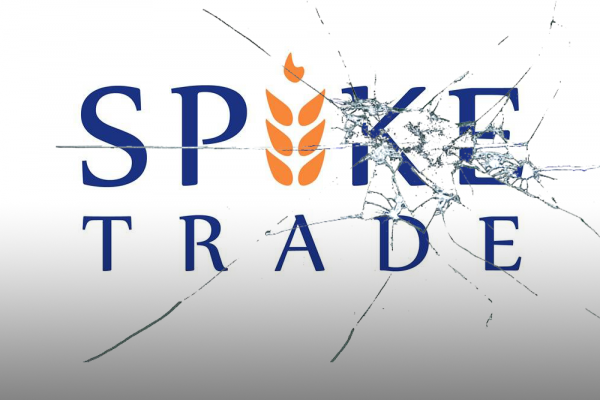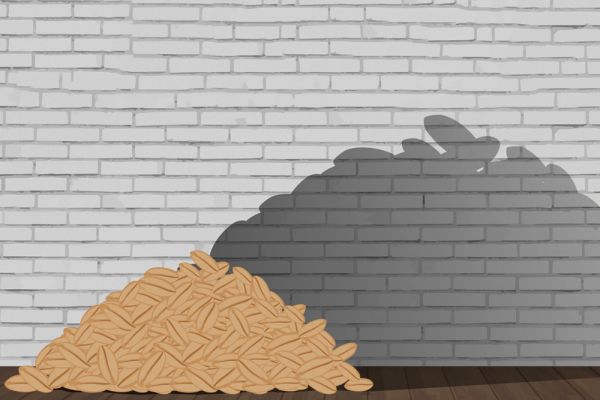Domino Reaction: Why Traders Fall, Cardiff Commodities Case
In recent weeks, the market having barely digested the Agroinvestgroup case has seen a new blow. Cardiff Commodities, a trading company firmly standing on its feet, found itself on the verge of a default. The company was actively developing SWAP trading, and its annual trading volume reached 1 million tons of grain. At a certain point, it stopped paying counterparties' bills, which entailed a chain reaction and even the halt of some export contracts. Among the possible reasons was trade in unsecured SWAP contracts (the contract under which the commodity is sold and at the same time the obligation is made to buy it back at a fixed price — ed. note) on which defaults were on, thus causing a chain reaction.
Those events developed into the suspension of export contracts for a part of Cardiff Commodities counterparties. See what actually has happened, what lessons and consequences for the grain market this situation bears in Latifundist.com interview with the director of Cardiff Commodities Ivan Cherevko.
Related story: Grain Pyramid: The Agroinvestgroup Fraud
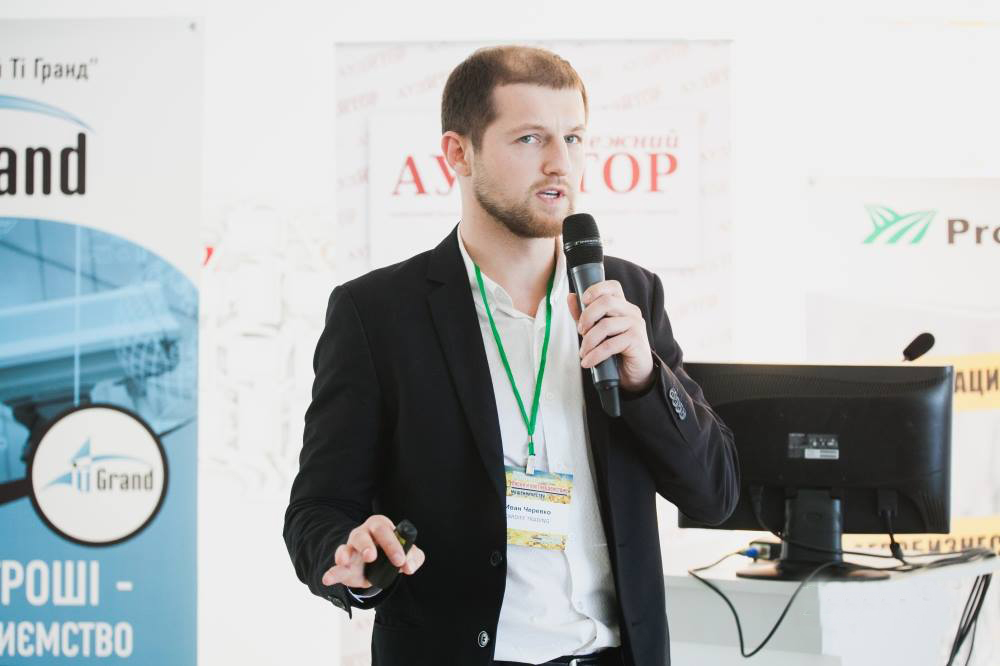
Latifundist.com: The market says that Cardiff Commodities is about to default and even compares it with the Kucherenko grain pyramid. What is actually happening in the company?
Ivan Cherevko: It is rather unpleasant to hear yourself compared with such a fraudulent company. Until the last moment, our company was fulfilling all its obligations, yet defaults to the company and the immaculate fulfilment of its obligations affected the financial condition of Cardiff Commodities. Even in such a difficult situation, we are trying to minimize the damage created in the market. Defaults occurred at the beginning of the season and lasted from the end of the previous marketing year involving fairly large sums. These companies did not pay us under the contracts not only in the physical market but also under SWAP contracts. Against a number of them, we filed lawsuits in GAFTA. Some were satisfied, while others are still being reviewed.
Latifundist.com: How many are there of such cases?
Ivan Cherevko: There are only five cases. The first lawsuit was filed in July 2018, and the last one — in early March. Claims are filed for more than USD 2 million. Despite the difficulties, we do not hide, we recognize debts, we continue working and try to pay them off. But, of course, with delays in payment.
We tried to earn the lost money received from our counterparties, tried to improve trading and make money to cover the gap in the cash balance. We strengthened the trading teams, hired professional traders. But lately, since delays have become quite critical, the turnover of money and commodities has much decreased. This raised big questions from our suppliers and bans on exports took place.
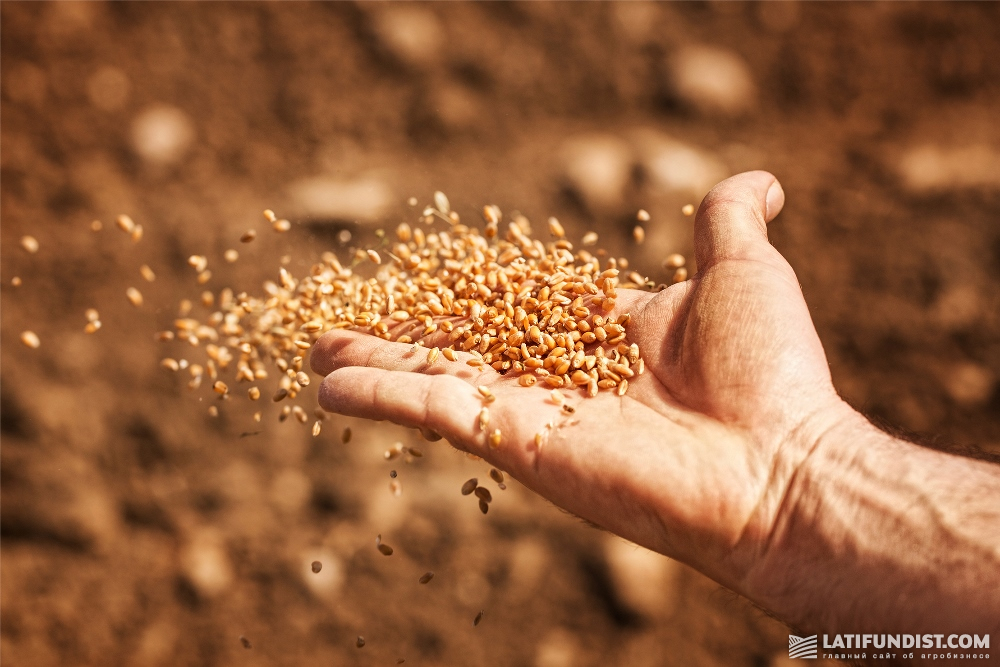
Latifundist.com: That led to the chain reaction.
Ivan Cherevko: Yes, and when several suppliers blocked exports, our buyers started asking questions on was going on. We tried to immediately settle accounts with suppliers and regulate this situation to continue working and earning, reducing the cash gap. But our customers started telling us and other companies that Cardiff was no longer a first-class company. Over the past two or three weeks, this information spread in the market rapidly and all contracts that we had with customers were almost blocked at the moment. Consequently, buyers suspended payments, and suppliers stopped receiving money from us.
Latifundist.com: That is, your counterparties, both buyers and exporters, are now working without intermediaries.
Ivan Cherevko: Yes, our buyers are trying to pay the exporter directly to avoid the exports blocking situation. Again, everyone sees a gap in our money balance. But I would like to stress again that our company has become hostage to the situation of the irresponsibility of our suppliers and not to any fraudulent actions. Besides, high volatility in the market provided conditions both for earning and losing on trading positions. The confluence of these circumstances led to the default of our company and the impossibility of payment to our suppliers.
Latifundist.com: The major debt amount occurred because of SWAP contracts, is not it?
Ivan Cherevko: Indeed, this is more than half of our debt. By the way, GAFTA decided on SWAP contracts fairly quickly, since no appeal is provided for the defendant. Under one such contract decisions have already been made. We are now trying to collect this amount of money to reduce the debt to our suppliers. Another major case debt is several hundred thousand dollars, but the procedure will take eight months.
Latifundist.com: We know about your large debtor, Hydra Trading SA.
Ivan Cherevko: Yes, it was very active in doing SWAP contracts. We filed two lawsuits totalling more than USD 1 million against this company. We have not yet received a decision, but I hope that it will be quite fast. Claims were filed in early March 2019, but the debt arose in January. We waited, negotiated with the company, but eventually realized that it was useless. In fact, this is the last default contract.

Latifundist.com: And how much does another defaulter company, LikoTerra, owe?
Ivan Cherevko: Yes, but we did not sue LikoTerra. Its debt to us is about USD 200 thousand. But since the company has no assets and is, in fact, bankrupt, the chances for receiving payments are minimal. And each court session in an accelerated procedure costs USD 15 thousand, while the hearing of cases regarding the physical market cost USD 40 thousand. Therefore, we decided not to spend money on courts. Even if we win the GAFTA trial, we won't cover our damages. There are several other companies against which we have not filed a lawsuit, but we are trying to at least compensate for something. There still are chances.
Latifundist.com: What do you say to those companies that Cardiff Commodities indebted to?
Ivan Cherevko: We promise our suppliers that we will pay, but only from those resources that will be returned through the courts. Because our money circulation has practically stopped, just like the commodity one. Yes, Cardiff Commodities did stop trading, but it is trying to recover its losses caused by a series of defaults, trying to close the debts. But, of course, this causes a big noise in the market and more complicated situations with the products. After all, blocking a cargo that is on a ship or in the terminal brings about extra costs, demurrage, storage fees, etc.
Latifundist.com: The mentioned domino effect and associated with it losses in the market are estimated at around USD 6 million. Is it about correct?
Ivan Cherevko: I am not authorized to state the exact amount, but it is less than USD 4 million.
Latifundist.com: Ivan, as far as I understand, you hedged risks, but often without clearing (this process turns the promise of payment into the actual movement of money from one account to another — ed. note). And this was your decision.
Ivan Cherevko: It is perfectly right, this is an important conclusion to make. One should work with clearing. But this is not a 100% guarantee. I trusted the companies I worked with in clearing. But in addition to trusting relationship, one should work with companies having assets or properly spread risks. Many traders do not have a guarantee in the form of assets. They operated, created more liquidity, nobody delved into the processes and found that this company is worthless. Therefore, you need to check the counterparty's solvency, use clearing and be very careful in a volatile market.
If we had changes in the market at USD 5/t, perhaps USD 10/t, then this would not have resulted in such defaults. When our changes were more than USD 20-30/ton in a short period of time, say, in a month, the market could change by more than USD 30. In September wheat dropped by around USD 30/t, corn at the end of the previous season also fell by more than USD 30/t. This large volatility tells the counterparty how not to lose but to save money and fulfil contracts. Possibly, there are those who goes for it realizing that decisions in GAFTA take much time. Sure, GAFTA affects reputation, but not as much as some experts may believe.
Accordingly, this encourages some companies not to execute contracts and say that they go to GAFTA. The percentage of those that will be obliged to pay more than the amount of the debt will be 3-4%. Many are ready to go for it easily.
Latifundist.com: Ivan, it is said that you had a lot of unsecured deals with Spike Trade Group. Is that true?
Ivan Cherevko: It is not. I have all the operations with Spike Trade (and there were a lot of them) performed in full. We developed SWAP trading with them, we supported the liquidity of this market, we traded a lot with one another. All our contracts are executed. We have closed all the debts to them, and they, accordingly, to us.
Latifundist.com: Is it true that you are about the only one who stayed in Cardiff Commodities?
Ivan Cherevko: In trade, yes. I am the director and the signer in the trading team. The trading department seeing this situation really did quit. But the executive team stayed.
Latifundist.com: Another view from the market. Working without clearing, Ukrainian traders gained positions against each other. At a certain moment, someone first defaulted and did not pay. Then the classic situation unfolded, "I was not paid, then I will not pay too."
Ivan Cherevko: Exactly. One of those companies which owes us money and promises payment explains its position in this way. They say, Hydra Trading does not pay us, so we will not pay you either.
Some people mistakenly believe that SWAP is virtual trading, on the contrary, it is real money and real obligations. There is a domino effect when one by one traders stop paying. In the end, there is someone left to blame, one does not get paid. A stop on one side of money movement entails a stop on the other side and the inability to pay for obligations.
Latifundist.com: As an instrument, has SWAP discredited itself after this case?
Ivan Cherevko: No, it is a good and right instrument. But there is also a risk that was not taken into account, and there should be insurance against it. For instance, work through the Clearing House of the Chicago Stock Exchange.
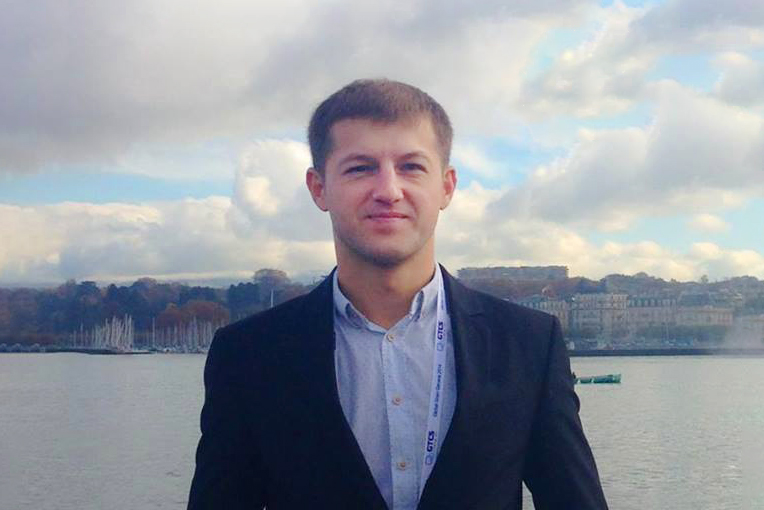
Latifundist.com: You are a large company in the market. If I got it right, only in the physical market the trade volume reached 1 million tons.
Ivan Cherevko: Yes, Cardiff Commodities is a big player in the grain market. We did trade almost a million tons within the marketing year not counting the SWAP contracts. Roughly speaking, we occupied a nice niche but sideslipped because of the budget.
We realize that and try to mitigate the existing situation, but our resource is limited, unfortunately. However, I now have a lot of meetings, answer all calls, and even now (the conversation took place at 10.00 p.m. — ed. note) I came to one of the companies to regulate the situation. We must deal with it in a sensible manner. As a manager, it spoils my reputation much, so I am more than anyone interested in working out a solution.
Konstantin Tkachenko, Latifundist.com



